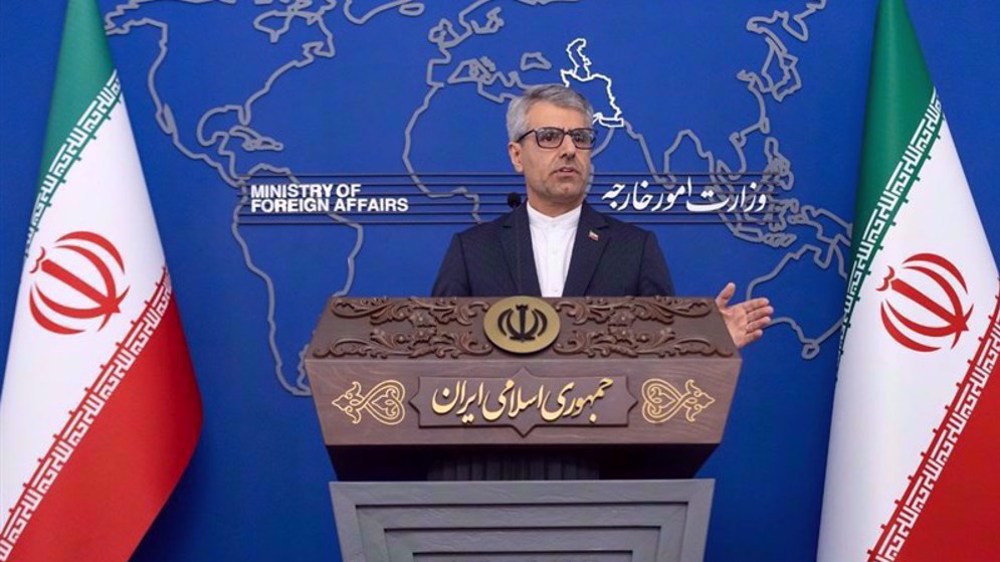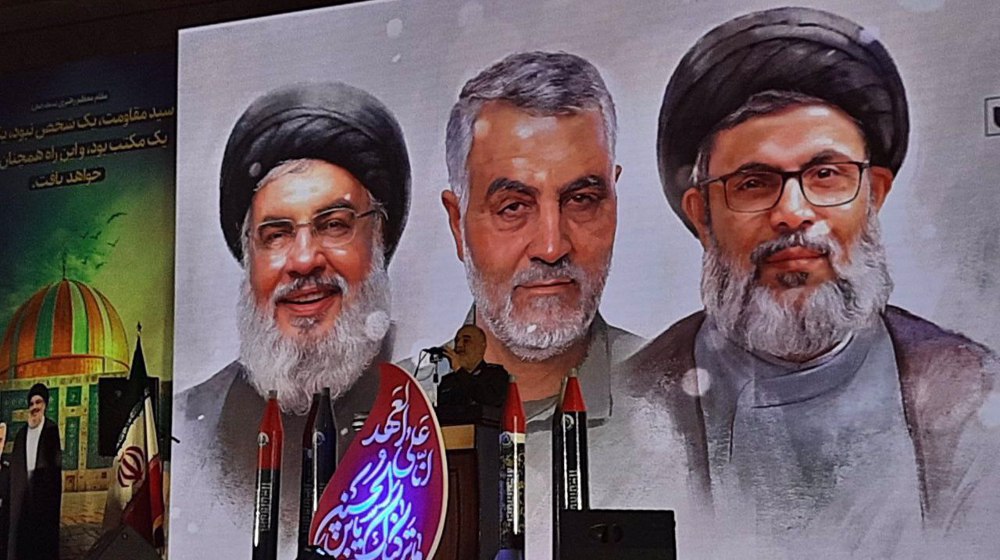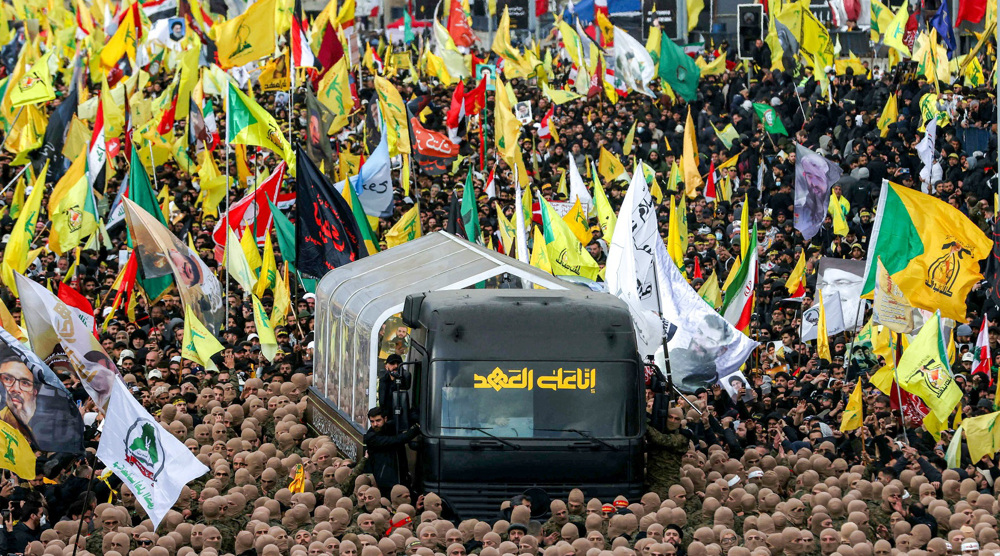Iran offers Uzbeks shortest access route to Persian Gulf: Rouhani
Iranian President Hassan Rouhani says Iran can be the shortest route for Uzbekistan’s businesspeople to access the Persian Gulf and international waters.
Rouhani made the remarks in a meeting with Uzbekistan's President Shavkat Mirziyoyev on the sidelines of the first Organization of Islamic Cooperation (OIC) summit on science and technology in the Kazakh capital, Astana, on Sunday.
He said the exchange of visits between senior Iranian and Uzbek officials revealed the two countries’ resolve to establish closer and broader relations.
The Iranian chief executive welcomed further expansion of Tehran-Tashkent cooperation in all fields, particularly in trade and economic sectors, emphasizing that no obstacle could hinder the development of the two countries' ties.
Rouhani stressed the importance of making joint investment and said improving banking cooperation was the cornerstone for the promotion of economic and trade exchanges between Iran and Uzbekistan.
He said the two countries had necessary potentialities to bolster cooperation in the energy sector, adding that Tehran could meet Tashkent’s energy needs.
The Iranian president further pointed to successive losses of terrorists in Iraq and Syria over recent months and said, “Today, extremism and terrorism are threatening the entire region and we are ready to cooperate with the Central Asian countries in the fight against terrorism.”
Transport corridor vital for Uzbekistan
Mirziyoyev, for his part, said Uzbekistan attached special significance to a transport corridor connecting his country to the Persian Gulf and other parts of the world, adding that common interests of Tehran and Tashkent could be served through cooperation in this area as Iran could also export its products to Central Asian states through Uzbekistan.
He called for the strengthening of the two countries' cooperation in academic and energy sectors as well as the campaign against terrorism and extremism.
The Uzbek president also stated that his country supported Iran’s membership in the Shanghai Cooperation Organization (SCO) and invited his Iranian counterpart to pay an official visit to Tashkent.
The SCO was formed in 2001 in Shanghai by the leaders of Kazakhstan, China, Kyrgyzstan, Russia, Tajikistan, and Uzbekistan to curb extremism in the region and enhance border security.
The SCO previously had six observer members, namely Iran, Afghanistan, Belarus, India, Mongolia and Pakistan. Pakistan, however, was accepted as a full member of the organization on Friday, June 9, 2017. The organization also has six dialogue partners, which include Azerbaijan, Armenia, Cambodia, Nepal, Turkey and Sri Lanka.
'Iran-Kazakhstan in constructive cooperation on global issues'
Meanwhile, in a meeting with his Kazakh counterpart, Nursultan Nazarbayev, the Iranian president said the two countries always had constructive cooperation on issues of mutual interest and international developments.
Rouhani added that Iran welcomed further expansion of cooperation with Kazakhstan in different fields.

Nazarbayev, in turn, praised great achievements made by Iran despite international sanctions against Tehran and expressed his country’s keen interest in developing ties with the Islamic Republic.
The Iranian and Kazakh presidents also called for enhanced cooperation in economic, transit and energy sectors and urged joint efforts to improve the conditions of the global oil market.
Iran, Azerbaijan potentialities must serve their interests
In a separate development on Sunday, Rouhani said Iran and the Republic of Azerbaijan enjoyed great potentialities to expand their relations in economic, scientific, technological, transportation, energy and trade fields, urging both sides to make use of those potentialities in the service of their common interests.
In a meeting with his Azeri counterpart, Ilham Aliyev, on the sidelines of the first OIC summit on science and technology in Astana, the Iranian president also referred to terrorism as a regional and international problem.

Terrorism is nearing its full collapse in the region and intelligence, economic and cultural measures as well as further consultations among regional states are necessary to uproot it, he said.
For his part, Aliyev noted that his country’s relations with Iran were at the highest level, expressing confidence that both sides would further develop those relations in the future.
He added that Baku regarded terrorism as a common threat against all regional countries and was interested in more effective cooperation with Iran to fight the ominous phenomenon.
VIDEO | Press TV's news headlines
VIDEO | Iranian military's 'Zolfaqar' exercises continue in full swing
VIDEO | People’s Fair for Gaza fundraiser held in New York
Hamas: Netanyahu tampering with fate of Israeli captives
VIDEO | Kashmir pays homage to Hezbollah leaders
VIDEO | Trump's ethnic cleansing plan draws Palestinian supporters to Seoul rally
VIDEO | An insider's view of the country: Kashan City
Iran condemns ‘vicious act of Israeli terrorism against civilians’










 This makes it easy to access the Press TV website
This makes it easy to access the Press TV website